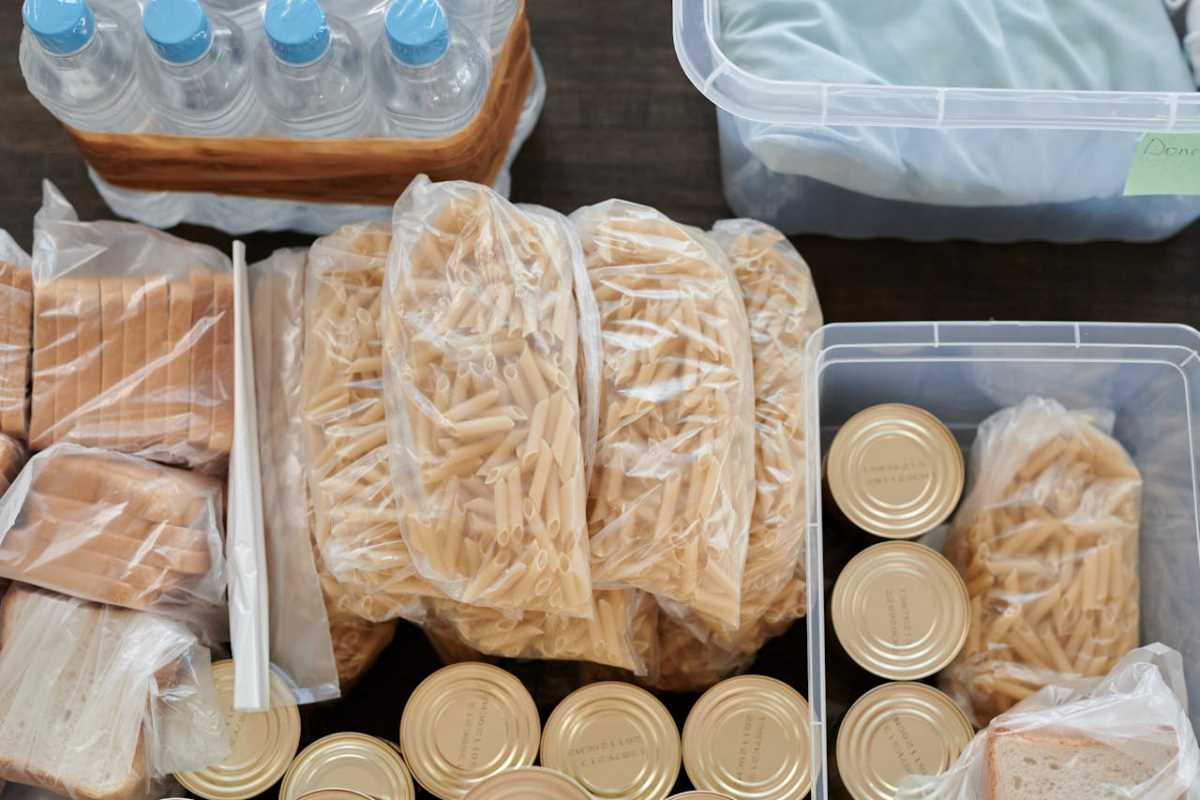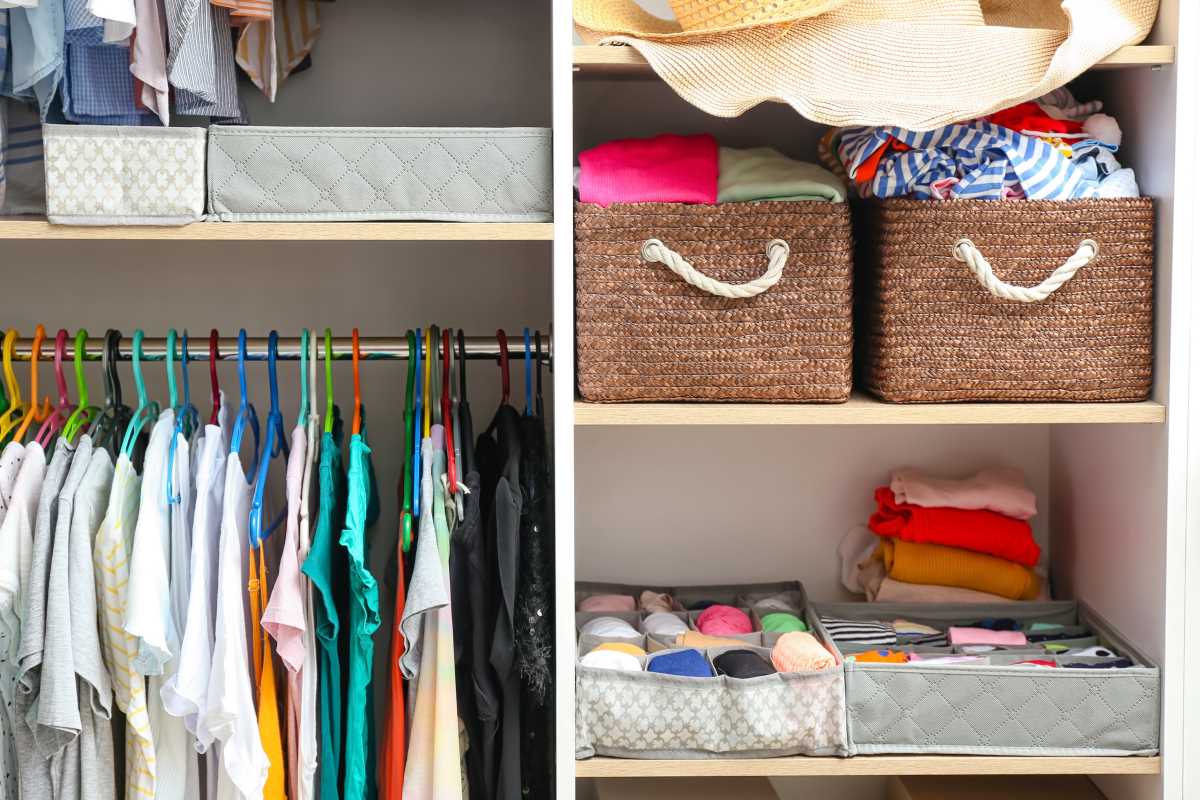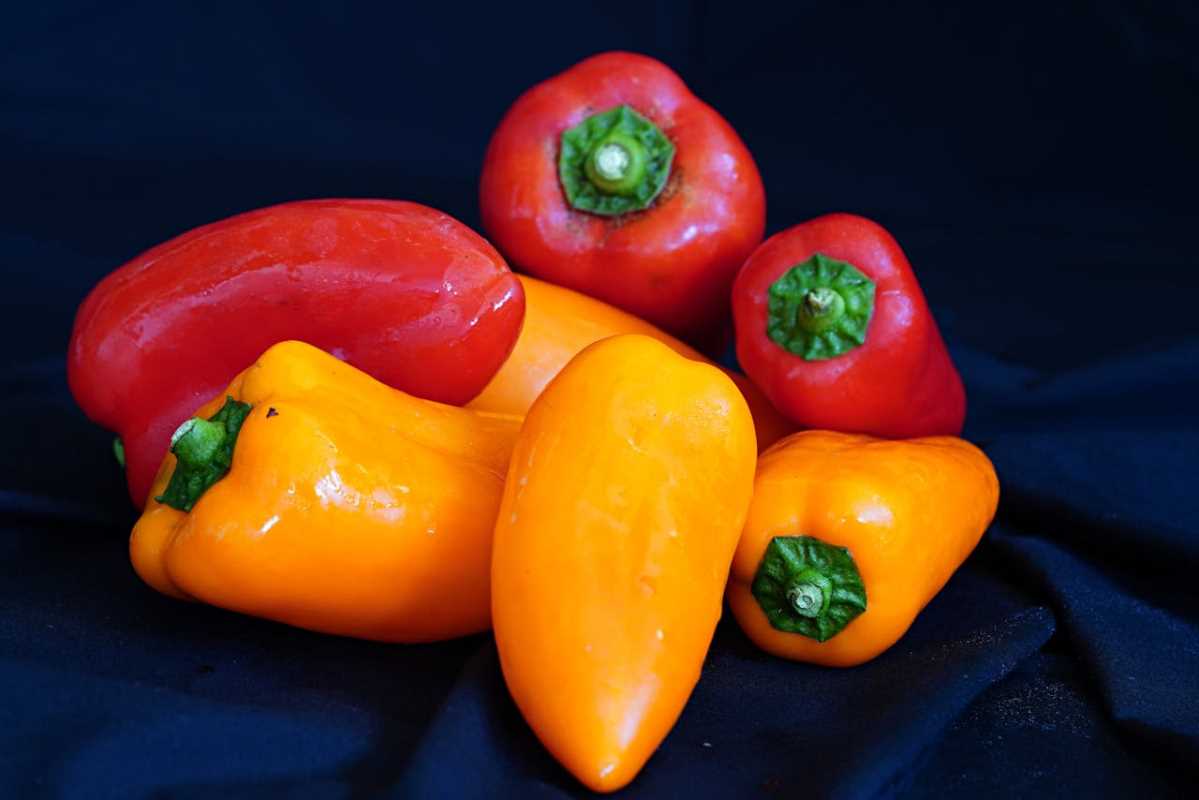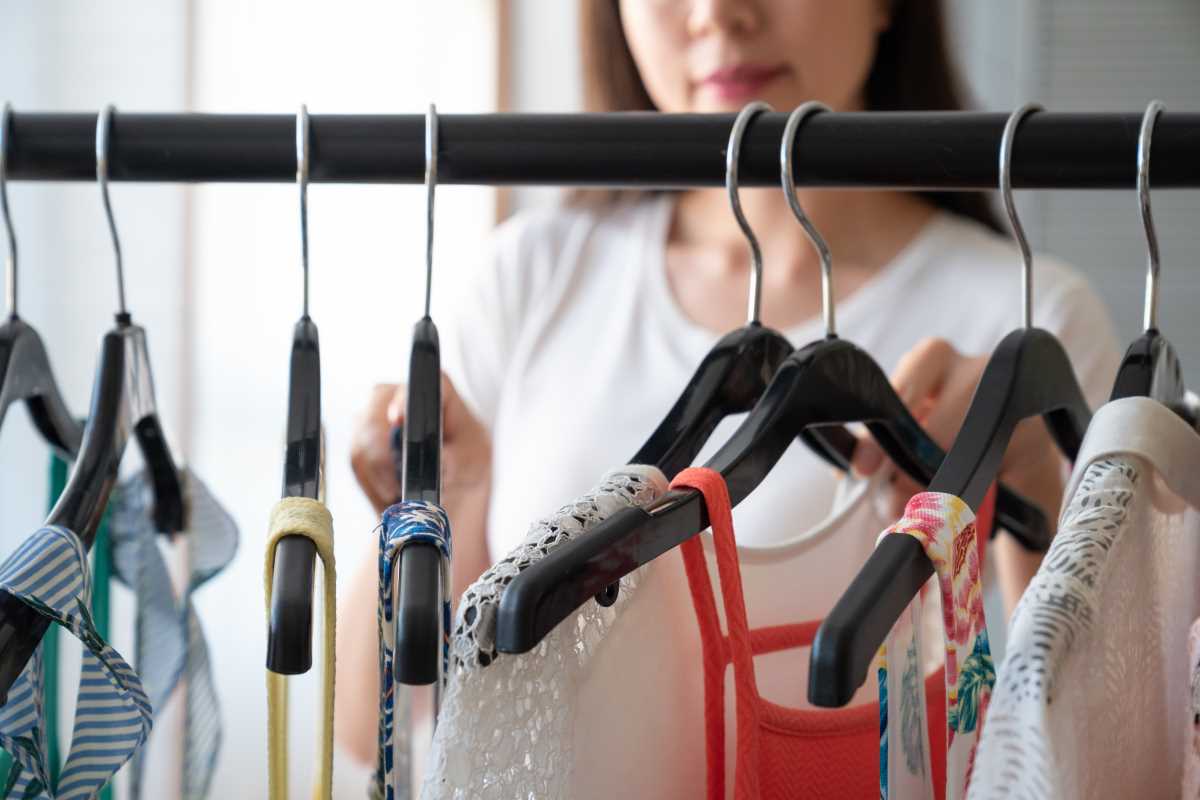Walking into a warehouse store can be both exciting and overwhelming, with towering shelves of jumbo-sized products promising incredible savings. Buying in bulk is a popular strategy for saving money and reducing trips to the store, but it requires a thoughtful approach. Making smart choices about what to buy in large quantities can lead to significant savings and a well-stocked home. Making the wrong choices, however, can result in wasted food and money. Understanding the difference is the key to mastering the art of bulk shopping. This guide is here to help you navigate the aisles with confidence, ensuring your bulk purchases are a win for your budget and your household.
The Benefits of Smart Bulk Buying
Purchasing items in large quantities, when done correctly, offers several compelling advantages. It is a powerful tool for managing your household budget and minimizing your environmental impact.
Significant Cost Savings
The most obvious benefit of buying in bulk is the lower cost per unit. Retailers can offer better prices on larger quantities because packaging and shipping costs are reduced. Over time, these small savings on staple items can add up to a substantial amount, freeing up money in your budget for other goals. Think of it as investing in your pantry; you spend more upfront but save more in the long run.
Fewer Shopping Trips and Less Waste
A well-stocked pantry means you will not have to run to the store every few days for a missing ingredient. This saves you time, fuel, and the temptation of impulse buys that often accompany frequent shopping trips. Additionally, buying in bulk often means less packaging waste per item. A single large bag of rice, for example, uses significantly less plastic than multiple small bags. This simple change is a great step toward a more sustainable lifestyle.
The Best Items to Buy in Bulk
The ideal candidates for bulk purchasing are items that have a long shelf life and are used frequently in your household. Sticking to these categories ensures you will use what you buy before it expires.
Pantry Staples with a Long Shelf Life
Your pantry is the perfect place to store bulk-bought goods. These non-perishable items can last for months or even years, making them a safe and smart investment.
- Dried Grains and Legumes: Items like rice, oats, quinoa, dried beans, and lentils are fantastic bulk buys. They are the foundation of countless healthy and affordable meals. Store them in airtight containers in a cool, dark place to maintain their freshness.
- Pasta: Dried pasta has a very long shelf life and is a go-to for quick and easy family dinners. Having a variety of shapes on hand means you are always ready for a satisfying meal.
- Canned Goods: Canned tomatoes, beans, vegetables, and tuna are excellent to buy in bulk. They are meal-savers for busy nights and can be used in soups, sauces, and salads. Just be sure to check expiration dates and practice the "First In, First Out" (FIFO) method of rotating your stock.
- Baking Supplies: Flour, sugar, baking soda, and salt are great candidates for bulk buying if you are an avid baker. Keep them in airtight containers to prevent pests and moisture from getting in.
Household and Cleaning Essentials
Non-food items that you use regularly are some of the safest and most practical bulk purchases you can make. These products do not expire, so there is no risk of them going bad.
- Paper Products: Toilet paper, paper towels, and tissues are classic bulk buys. You will always need them, and the savings per roll can be significant. The only downside is finding the space to store them.
- Cleaning Supplies: Items like laundry detergent, dish soap, and all-purpose cleaners are perfect for buying in bulk. You can purchase large containers and refill smaller, more manageable bottles for daily use.
- Personal Care Items: Soap, shampoo, toothpaste, and deodorant are products you use every day. Stocking up when they are on sale or buying them in multi-packs is a smart way to save money.
Items to Approach with Caution or Avoid
Not everything is a good candidate for bulk buying. Purchasing the wrong items can lead to spoilage, waste, and a net financial loss. It is crucial to be honest with yourself about your household's consumption habits.
Perishable Foods
The most significant risk in bulk buying comes from perishable items with a short shelf life. Be very careful with these categories.
- Fresh Produce: It can be tempting to buy a giant bag of avocados or a huge container of spinach, but it is easy to overestimate how quickly you can eat them. Unless you have a large family or a specific plan to use it all immediately (like making a large batch of pesto), it is often better to buy fresh produce in smaller quantities.
- Dairy and Eggs: Milk, yogurt, and eggs have firm expiration dates. Buying more than you can realistically use within a week or two is a recipe for waste. A gallon of milk is only a good deal if you drink it all.
- Fresh Meat: Large packages of meat can be a good deal if you have a plan. You must either cook it all within a few days or, more practically, divide it into meal-sized portions and freeze it immediately. Make sure you have adequate freezer space before you buy.
Items with Limited Use or Short Viability
Some items may seem non-perishable but can lose their quality over time or are simply not used often enough to justify a large purchase.
- Spices and Dried Herbs: Spices do not spoil, but they do lose their flavor and potency over time. Buying a giant container of a spice you only use once a year means you will likely be using a flavorless powder by the time you get to the bottom of it. It is better to buy smaller jars of spices and replace them more frequently.
- Oils and Nuts: Cooking oils, nuts, and seeds contain fats that can go rancid over time, developing an unpleasant taste and smell. Unless you use large quantities of these items quickly, it is safer to buy them in smaller amounts.
- Condiments and Sauces: A jumbo-sized jar of mayonnaise or a unique specialty sauce might seem like a bargain, but consider how long it will take you to use it. Once opened, many condiments have a limited shelf life in the refrigerator.
Make Bulk Buying Work for You
The goal is to save money on the things you consistently need. By focusing on non-perishable staples and essential household goods, you can unlock the true value of bulk shopping. This thoughtful approach will help you maintain a well-stocked, efficient home and a healthier budget.
 (Image via
(Image via





